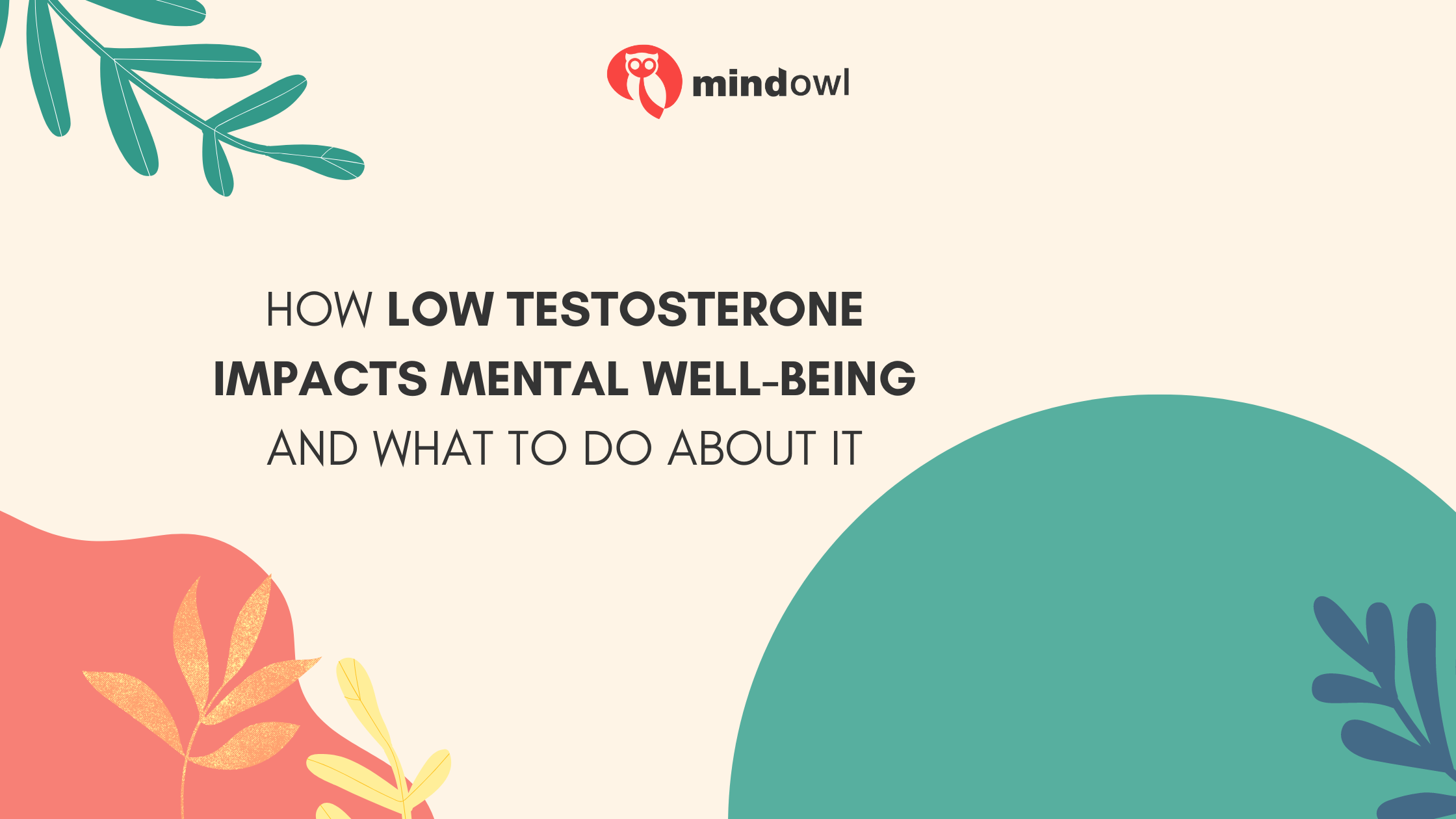
Photo courtesy of Pixabay
Testosterone is the primary male sex hormone and has a huge influence on bone density, muscle mass, and libido. However, many people don’t know much about the adverse mental effects of low testosterone levels. With testosterone levels diminishing with age, the quality of life and relationships come down as well.
Testosterone can influence neurotransmitter systems, particular serotonin and dopamine, which are involved in mood regulation and various cognitive processes. Without enough testosterone, there won’t be enough proteins needed to transport serotonin into the brain. Similarly, testosterone affects and modulates gene expression of domain receptors and transporters. These changes can result in issues related to attention, memory, and executive function. If your testosterone levels are low and diminish consistently, here are a few steps you can take:
Try Hormone Replacement Therapy
Suppose a low testosterone level is behind your mental health issues like depression, anxiety, mood swings, irritability, and overall cognitive decline. In that case, it may be wise to consult a specialist at a TRT clinic to learn more about testosterone replacement therapy.
TRT involves giving prescription (synthetic) testosterone to males with testosterone deficiency to bring those levels back to normal. The primary goal of TRT is to rejuvenate emotional, physical, and sexual health. However, it is also possible to improve attention, memory, and executive function by bringing testosterone back to its optimal levels.
Just keep in mind that TRT is not a universal approach, which is why you must consult with an experienced clinic to consider your unique circumstances before switching to TRT. This may require a deeper evaluation, involving blood tests, assessment of symptoms, and consideration of overall health status.
Your doctor will decide the best way to administer TRT because it’s available in various forms, including patches, gels, pellets, and injections, and each has their own advantages and potential side effects.
Try Lifestyle Modifications
Sometimes, you’re not the right candidate for TRT; this usually happens when you are under the age of 30. In that case, your doctor may recommend lifestyle modifications to help you boost your T-levels.
Mostly, it involves incorporating an exercise routine into your lifestyle. Regular physical activity, especially weight training, can help increase testosterone production. Moreover, regular exercise helps maintain a healthy weight, which is equally important for maintaining a healthy testosterone level by preventing the conversion of testosterone to estrogen.
Dietary changes may also have an impact on your testosterone levels. Going for a diet rich in vitamin D and zinc is essential for healthy T-levels. It is equally important to limit processed foods and alcohol. Recently, many experts also started promoting intermittent fasting as a natural way to boost testosterone levels. Try it to see if it works for you.
Endnote
Testosterone levels go down with age, but sometimes, the decline is a bit too quick, resulting in various unwanted symptoms. If your mental health suffers because of low T-levels, it may be time to consult with your doctor and combine TRT with natural approaches to bring your levels back to normal to improve your mental and physical health.
MindOwl Founder – My own struggles in life have led me to this path of understanding the human condition. I graduated with a bachelor’s degree in philosophy before completing a master’s degree in psychology at Regent’s University London. I then completed a postgraduate diploma in philosophical counselling before being trained in ACT (Acceptance and commitment therapy).
I’ve spent the last eight years studying the encounter of meditative practices with modern psychology.

